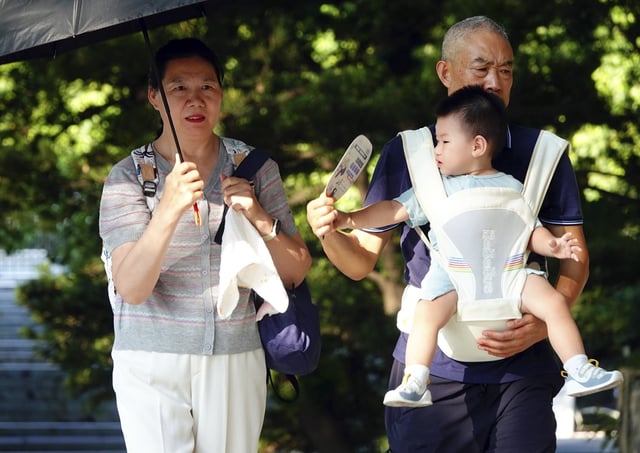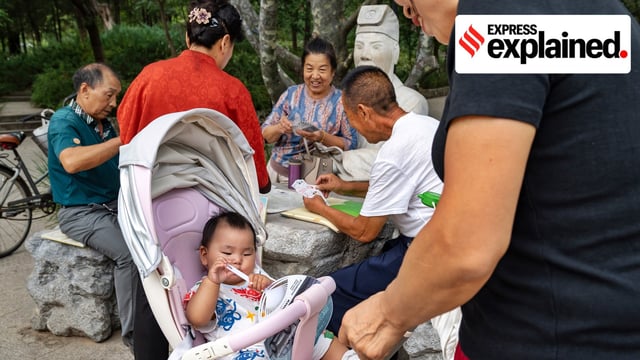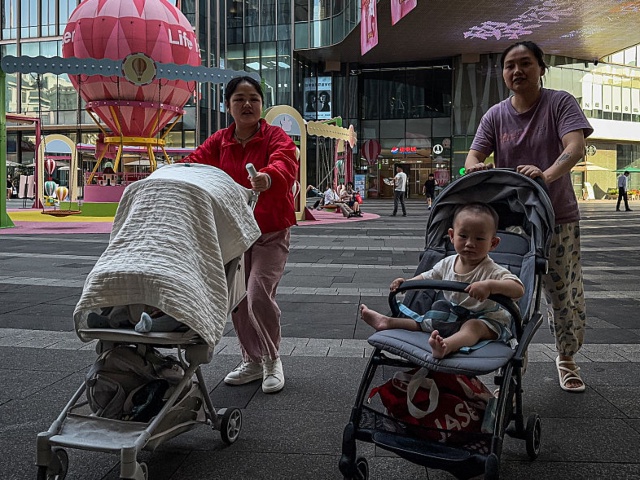Overview
- The central government approved the first nationwide cash subsidy of up to $1,500 per child and earmarked $12.6 billion for childcare support.
- Beijing introduced a 15-point plan that expands childcare subsidies, offers income-tax deductions for young families and boosts prenatal and postpartum services.
- National figures show a slight uptick in the total fertility rate to 1.2 births per woman in 2024, although annual births remain half the level seen in 2016.
- Researchers warn that under a median-fertility scenario, China’s population could shrink to roughly 460 million by 2100, intensifying the risks of a super-aged society.
- Skeptics argue that small-scale financial incentives are unlikely to overcome soaring living expenses and shifting social norms in major cities.



